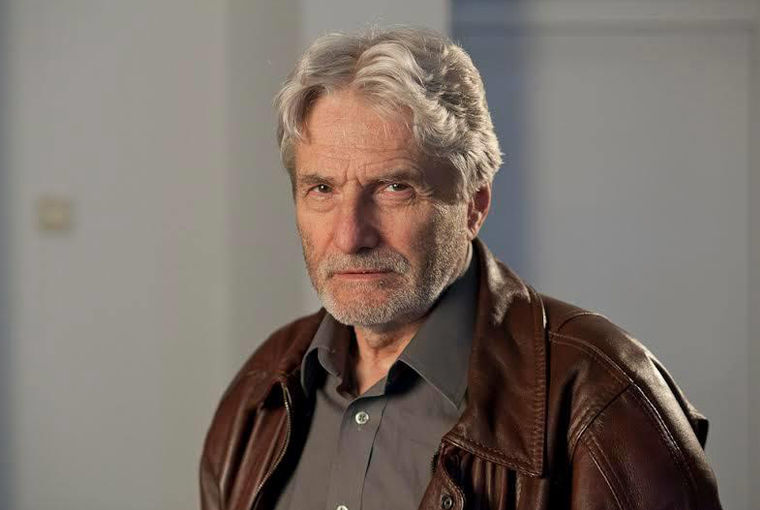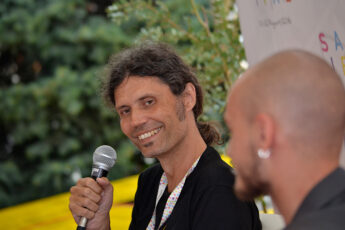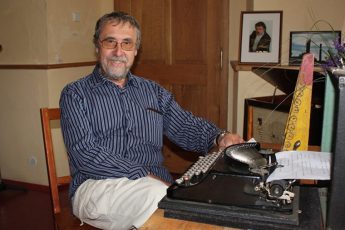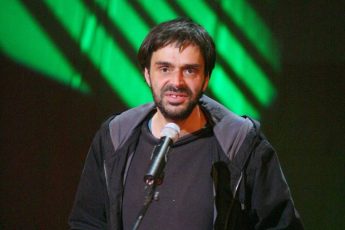
We met Mircea Daneliuc during the Summer Film School in Uherské Hradiště (July 22-31), where a retrospective of his work was screened.
What was your motivation to make films?
Probably the Theater. I began as an actor. I tried to write plays at that time. So it was probably the theater that inspired me to make films.
Was it more difficult to make films than theater?
It was more difficult. But it is still more difficult. You depend on more people when you make films. It is also more costly.
Most of your films were censored during Communist Romania. How were you able to continue to make films?
I tried to resist. It’s difficult to explain all that, but I experienced a lot of pain producing films. Censorship existed in every Eastern European countries. So too in Romania. It was a defensive arm of the regime. The regime financed the entire production costs for every film. So they wanted something conform in exchange. Lenin already recognized that the cinema is the most important ideological voice. So you never knew if you could finish your film, if it would be screened and what punishment to expect. Of course, you were not allowed to be unemployed during Communism, but unemployment for filmmakers existed. So you had to work like an ant, trying again and again to produce.
Were your films distributed in Romania?
There was an agreement between the different Eastern European states. For example you could exchange a Polish film for a Romanian film. Today it’s more difficult to distribute a film and be successful in foreign countries.
How did the public react to your films?
The public took what they received. They were very happy when they were confronted with a film that exposed the problems that they themselves had to deal with.
Did the public recognize the criticizing elements in your films?
Of course! More than today. They were educated to decode all sorts of metaphors, and parables. For example the film Croaziera is a parable of the regime. Humor is one way to resist, but humor can turn into tragedy at any moment.
What were the reasons for you to play in your own films?
I only played in films when my role was decisive for the film’s plot-line. Since the camera was far away from the scene, this was the only way to stay with the actors and remain in control of the scene.
Today, as the Regime has fallen, your films remain critical. Foreign Legion exposes a society still dependent on a controlling order – the EU, the military. What has changed?
Romania’s childhood was very difficult. In a way, Romania is an immature nation.
What has changed for you as an artist?
I didn’t make that difference. I had a lot of hope when Communism fell. I was in the danger of being shot during these times but what happened then was a huge disappointment.
I have the feeling that the films you made during Communism were more humorous, whereas the films you made after the fall have become cynical.
Probably. But in ancient Greece, the school of the cynics and cynicism was not seen in a pejorative way. It protects you from dashing hopes.
What do you think about new Romanian cinema?
I hope that they will produce serious films.
You don’t consider that their films are serious?
No. They are school-films. Even if they have won prizes, which is very good, they are more like news stories.
Do you like Romania?
Yes. That’s why I stayed. I could have left to live in another country. But I chose resistance as my goal. It’s like buying your bread everyday. You just do it.
Thank you for the interview.




Leave a Comment